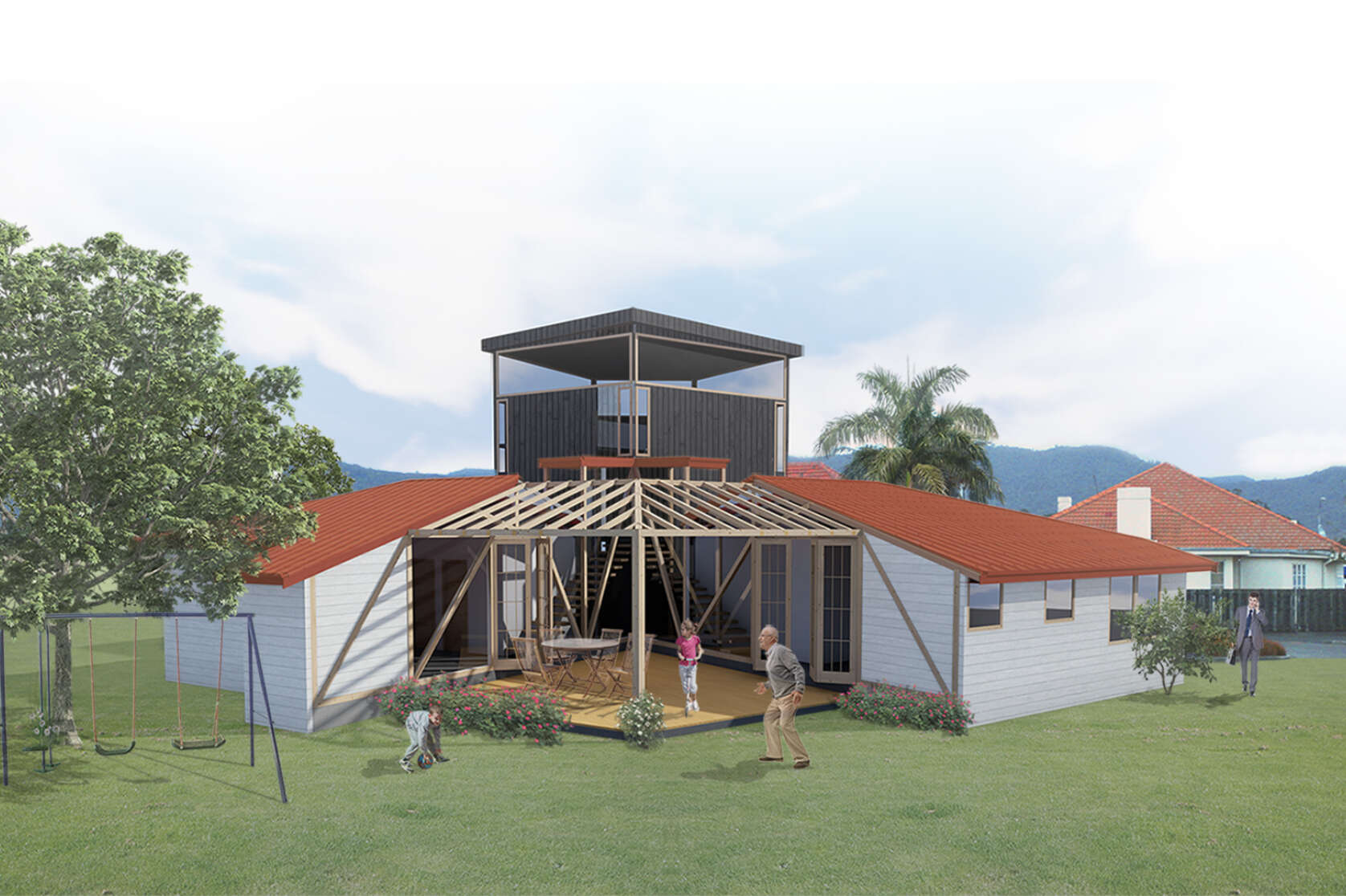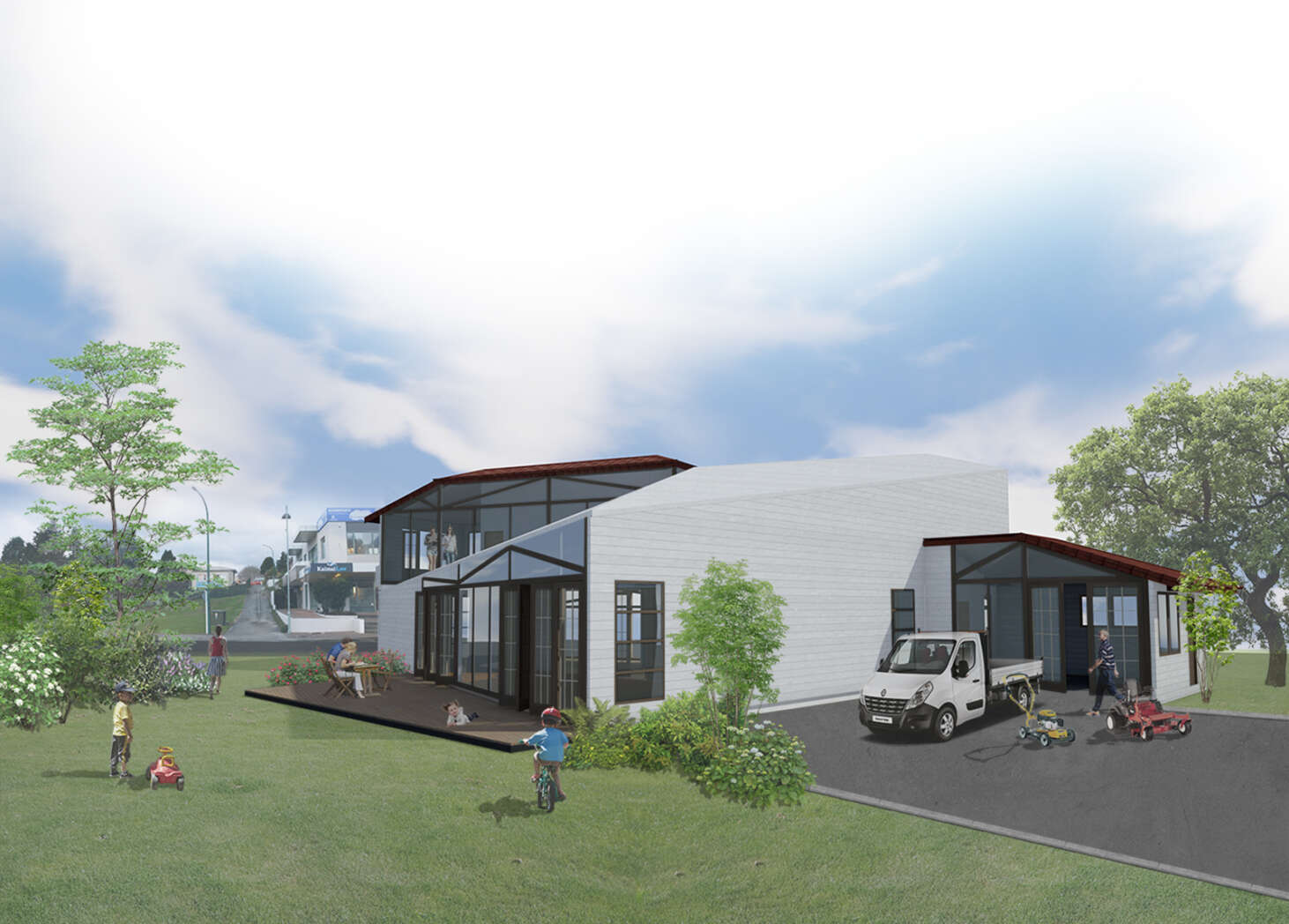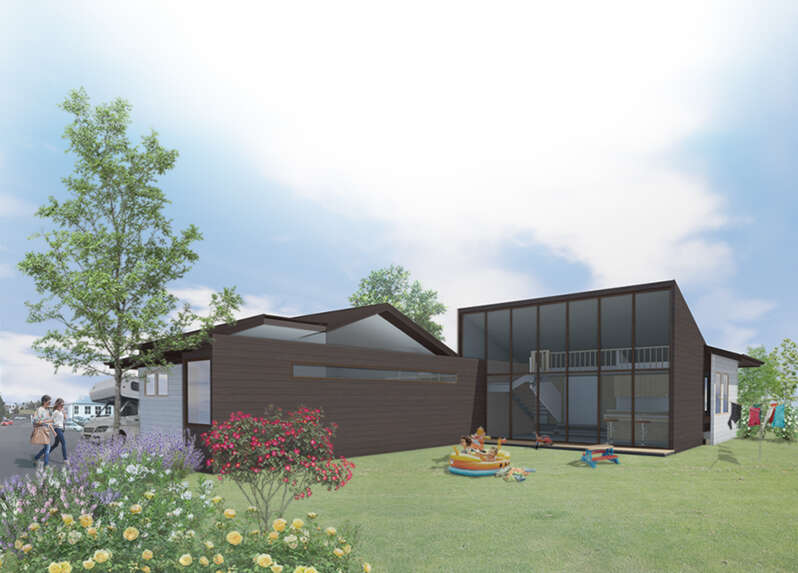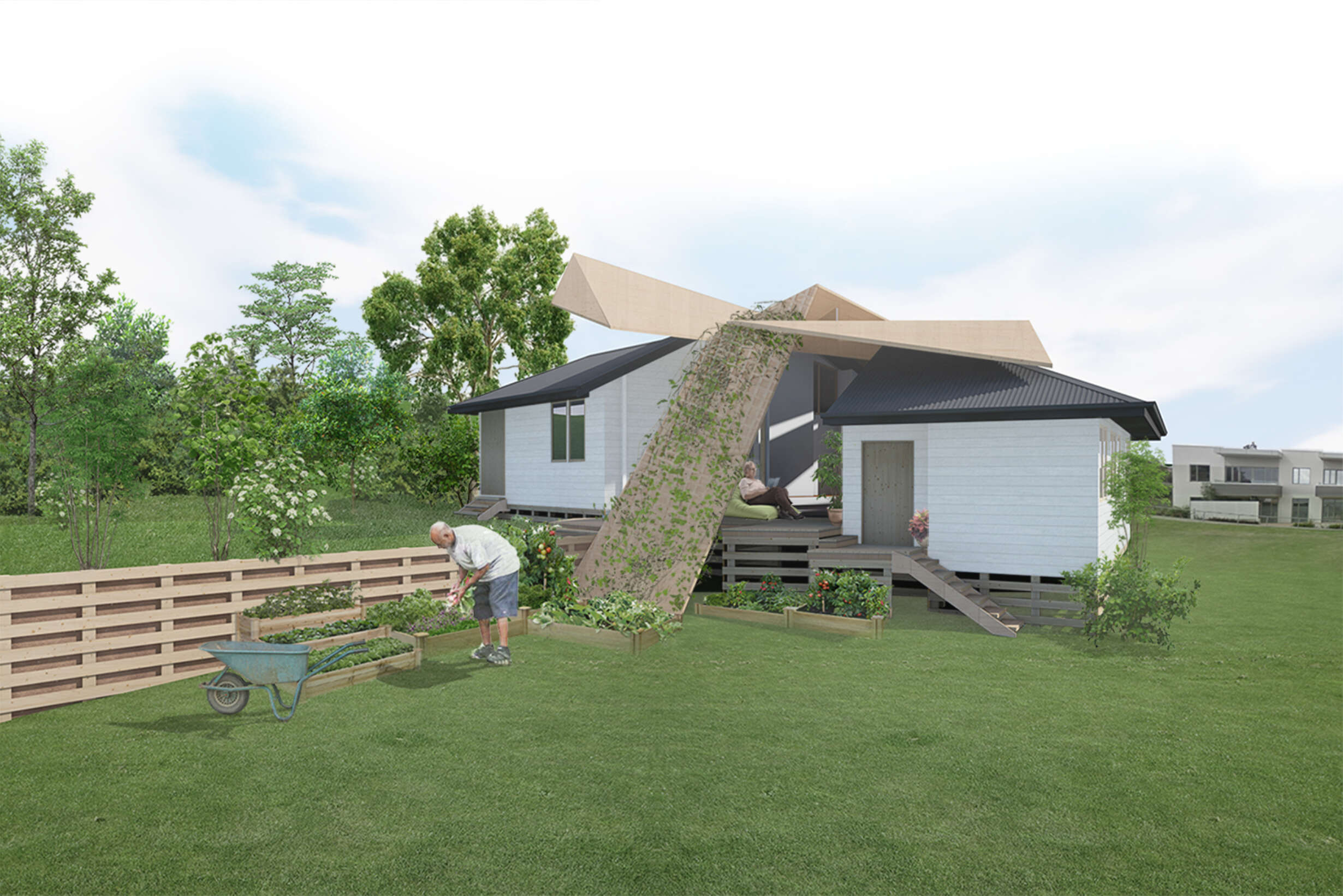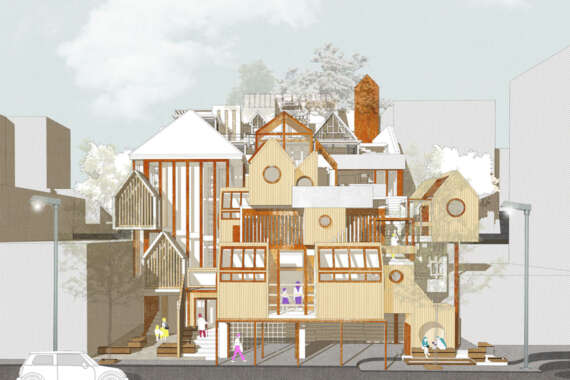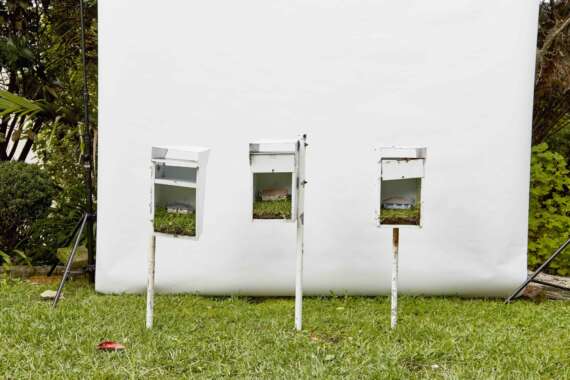Rural towns throughout New Zealand are disappearing as it becomes apparent that primary industries alone cannot support their communities. This thesis endeavours to harness the natural advantages of rural towns, essential parts of our nation’s identity, and to develop a case for re-establishing their relevance in the modern world. Katikati is a prime example of a small rural town, highly dependent on a primary industry and is thus the subject of this thesis.
Changes in the structure and composition of modern day families are resulting in unsuitable residential architecture as the original ‘client’; the nuclear family, no longer exists. Alongside this, the advent of technology is changing our workplaces, making the ability to work from home, not only possible but also increasingly common. This thesis addresses the changing requirements of a home according to contemporary family needs and establishes design considerations for working from home. As a result, this new model of housing can be directed towards facilitating the repurposing of rural towns.
In order to achieve this, a design methodology is developed that uses the process of fragmentation of the urban landscape paired with a visceral full-scale dissection of houses. This is followed by re-assemblage of parts according to specific techniques of adaptive re-use. With each stage designed to highlight the major design considerations within various unique scenarios, this methodology will result in a design that meets the needs of the contemporary household. It focuses on the composite of the modern family and identifies ways in which the home can become more than a machine for living in but also an economic vehicle.
